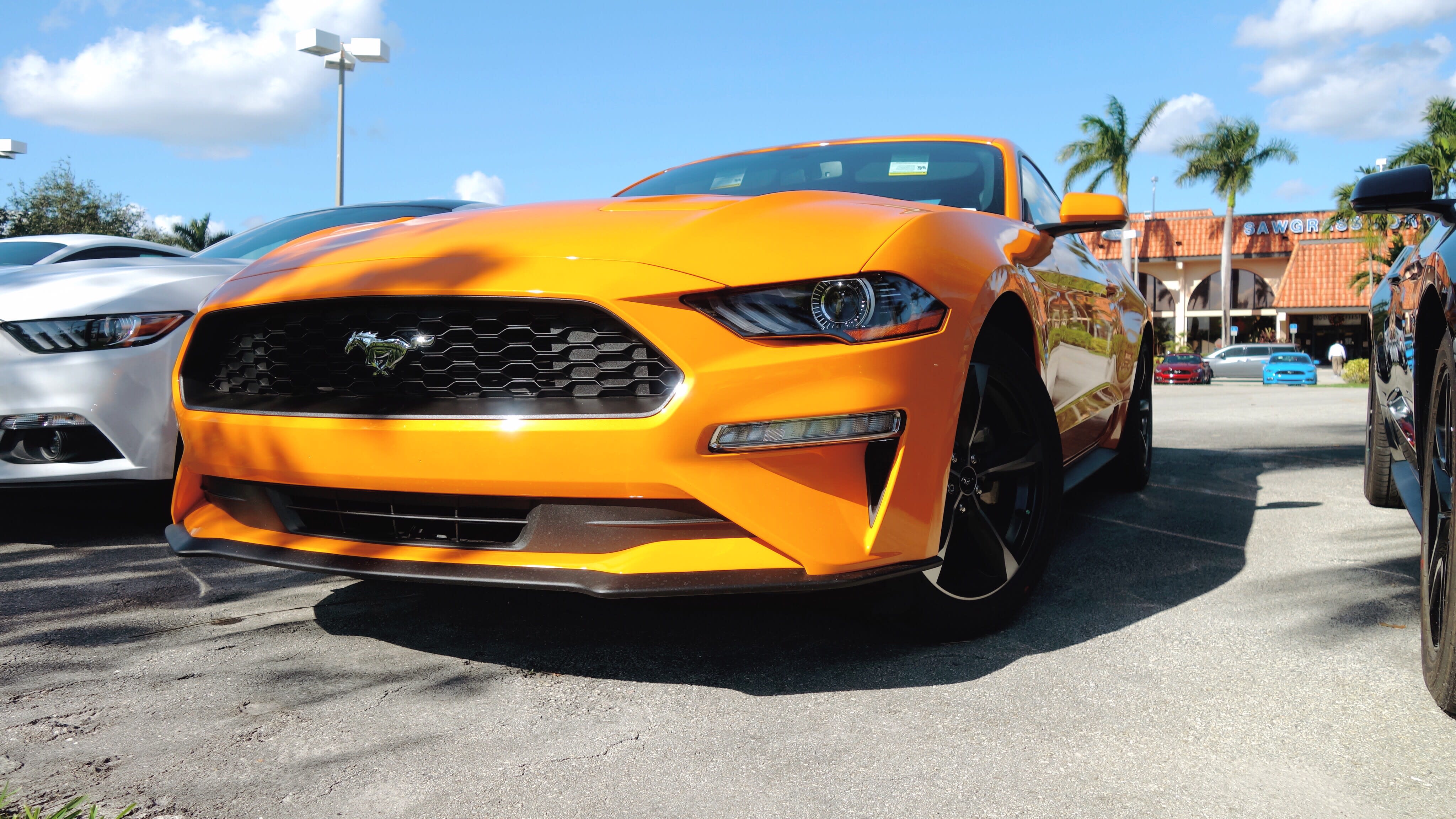
If you’re looking to buy a car, experts will generally tell you to look for a pre-owned model to save money. But if you’re heart is set on driving a shiny new car off the lot, there’s another reason you may want to exercise caution: It could be less reliable than you’d think.
As many as 45% of those new or redesigned models had below-average predicted reliability, according to the latest Consumer Reports auto reliability survey of more than 420,000 vehicles. CR defines reliability as how well vehicles have held up and how typical it is for repairs and other issues to crop up.
Reliability can affect how satisfied consumers are with it and its eventual resale value, the report points out. So, for consumers, choosing an unreliable vehicle may mean spending thousands of dollars in unexpected repairs and maintenance, and seeing a faster rate of depreciation, lowering the Here are a couple of the key takeaways from the report:
- Vehicles tend to be the most reliable in the final year(s) of their production run. In other words, vehicles that were recently redesigned or reintroduced to the market generally are generally less reliable.
- Foreign brands, particularly those from Asian markets, tend to be more reliable than their European or American counterparts.
Ronald Montoya, the senior consumer advice editor at Edmunds, says that new and redesigned cars usually have new engines and components that engineers may not have perfected yet, resulting in lower reliability scores. These kinks tend to get resolved the longer these models are in production, with reliability scores rising in succeeding years.
More from Grow:
4 smart ways to save thousands of dollars on your car
Money expert: This is the No. 1 money habit you need to develop
What to do with your IRA or 401(k) when the stock market gets bumpy
Montoya also says that it’s worth digging into reviews and ratings when you’re deciding what vehicle to buy. Some consumers become frustrated with new technology in some cars, prompting complaints that are more about their user experience than the car’s function. For example, touch screens, automatic braking, and self-parking features can confuse people who’ve never encountered them before.
“Sometimes when a new vehicle is launched, there’s a whole new way of interfacing with it,” he says. “A lot of people can’t quite grasp it and get frustrated with it and see it as a deficiency with the vehicle.”
Consumer Reports’ findings do influence automakers’ decisions to some degree. Tesla, for example, made improvements to two of its vehicles following a drop in rankings in 2018.
What experts say to look for when shopping for a car
Here are some tips for car shoppers on how to find an affordable, reliable car:
Look for late-stage vehicle models. Because new or redesigned models tend to have reliability issues, it may make sense to hold off on buying a particular vehicle if it’s fresh off the drawing board. You don’t need to be a guinea pig for automakers, Montoya says, so look for models that are late in their design stage where most deficiencies would have been sorted out over the previous years.
“The last model year before a redesign tends to be the most reliable,” he says.
Interest rates, too, have fallen over the course of the last year, which may result in more savings for those looking to finance a new vehicle. The current average interest rate for a 60-month new car loan is 4.55%, according to Bankrate.
Shop for previous year’s models, and again, for models near the end of their production run. That could result in savings as dealerships discount vehicles to clear out inventory for next year’s models.
Consider leasing instead of buying. Typically, it’s more financially savvy to buy a car rather than lease one. But reliability is less of a factor when you’ll only have a car for a few years. For that reason, Montoya recommends that consumers consider leasing instead of buying if they want a newly launched or redesigned model. “If you have any issues within that leasing period, it’ll be covered under the warranty,” he says.
“To me, leasing allows you the most flexibility to choose whatever car you’d like,” he says.
[“source=cnbc”]





